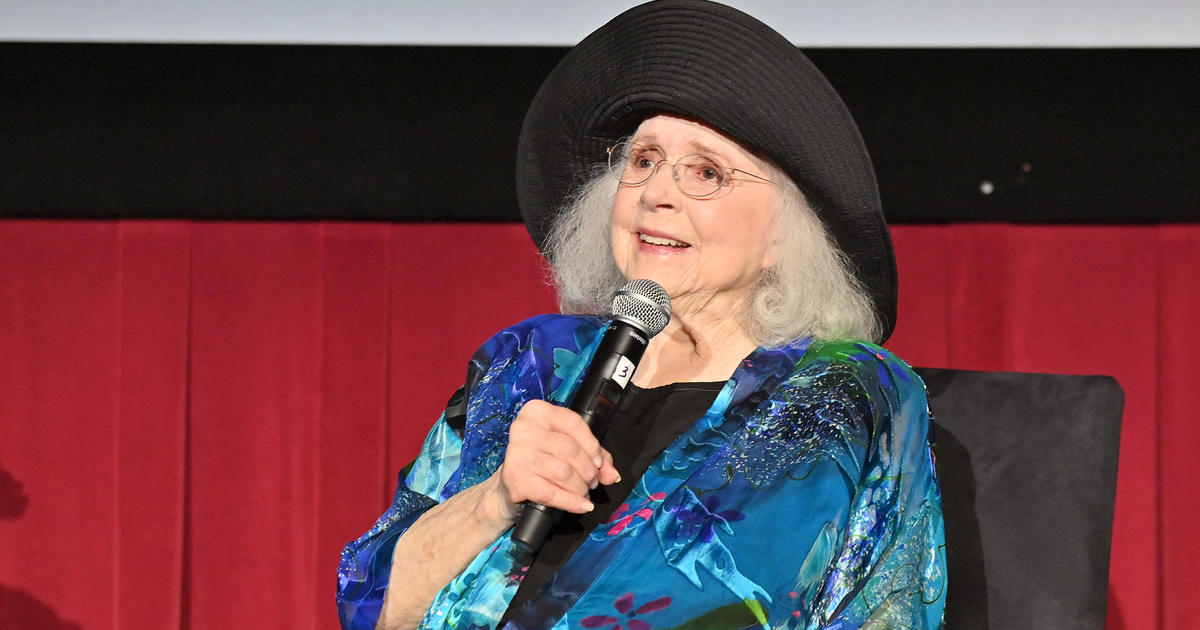Piper Laurie, the tenacious and Academy Award-nominated actress who defied expectations by pursuing a more meaningful life outside of acting, passed away at the age of 91 on Saturday.
Her manager, Marion Rosenberg, confirmed the news of her death to CBS News, expressing admiration for Laurie’s immense talent and positive character.
The precise cause and location of her death have yet to be verified.
Laurie first arrived in Hollywood in 1949 under the name Rosetta Jacobs. She swiftly secured a contract with Universal-International, though she detested her new moniker, and went on to star alongside renowned actors like Ronald Reagan, Rock Hudson, and Tony Curtis.
Throughout her career, Laurie received three Academy Award nominations for her roles in “The Hustler” (1961), “Carrie” (1976), and “Children of a Lesser God” (1986). She also made memorable appearances on TV and stage, most notably as the villainous Catherine Martell in David Lynch’s “Twin Peaks” during the 1990s.
At the age of 17, Laurie made her debut in the film “Louisa” as Ronald Reagan’s on-screen daughter. She continued to work in various films, including collaborations with Tony Curtis, but eventually grew dissatisfied with the mediocre roles she was given. In 1955, she abandoned her $2,000-a-week contract, vowing to only return to acting if offered substantial parts.
Laurie resettled in New York, where she discovered the fulfilling roles she desired in theater and live television dramas. Her performances in “Days of Wine and Roses,” “The Deaf Heart,” and “The Road That Led After” earned her Emmy nominations and paved the way for a triumphant return to the silver screen, particularly with her critically acclaimed role as Paul Newman’s troubled girlfriend in “The Hustler.”
For an extended period after that, Laurie turned her back on acting, embracing a life beyond the spotlight. She married film critic Joseph Morgenstern, had a daughter named Ann Grace, and settled into a farmhouse in Woodstock, New York. Laurie attributed her decision to the social and political climate of the time, with the Civil Rights Movement and the Vietnam War influencing her desire for a more meaningful existence.
“I was disillusioned and yearning for a more fulfilling life,” she reminisced. She never regretted her choice and enjoyed a fulfilling life as a painter and baker, even sharing her recipes in The New York Times. Her sole performance during that period was a tour of college campuses in support of Senator George McGovern’s 1972 presidential campaign, joining a group of musicians and actors.
Laurie eventually became open to returning to acting when director Brian De Palma approached her to play the deranged mother of Sissy Spacek in “Carrie.” Initially dismissing the script as junk, she considered adding a comedic spin to her role. However, De Palma reminded her that the film was meant to be a thriller, not a comedy.
“Carrie” became a blockbuster hit, sparking a wave of movies centered around vulnerable teenagers, and both Spacek and Laurie received Academy Award nominations. This reignited Laurie’s passion for acting, leading to a fruitful career spanning several decades. On the small screen, she appeared in popular shows such as “Matlock,” “Murder, She Wrote,” “Frasier,” and portrayed George Clooney’s on-screen mother in “ER.”
Denial of responsibility! Vigour Times is an automatic aggregator of Global media. In each content, the hyperlink to the primary source is specified. All trademarks belong to their rightful owners, and all materials to their authors. For any complaint, please reach us at – [email protected]. We will take necessary action within 24 hours.



